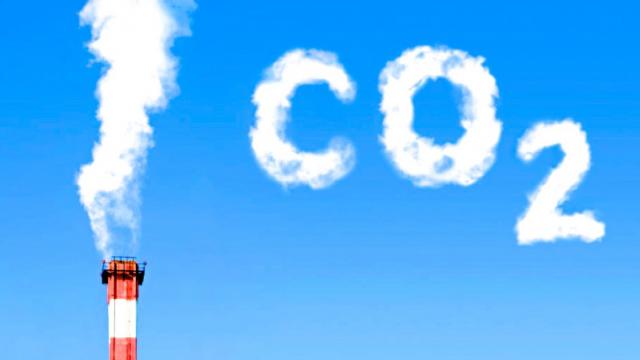
U.S. federal agencies will reduce greenhouse gas emissions from their operations to 41.8 percent below 2008 levels by 2025, the White House announced on Monday.
The announcement came one week before nearly 200 countries meet in Paris to negotiate a United Nations climate change pact and eight months after President Barack Obama ordered agencies to cut its emissions by at least 40 percent by 2025.
The cuts will come from across the government's 360,000 buildings, 650,000 vehicles and from its extensive supply chain.
"Federal agencies have developed targeted strategies to cut their GHG emissions by reducing energy use in their buildings, making their vehicles more efficient, using clean energy sources like wind and solar, and employing energy savings performance contracts," the White House said.
Among the steps the agencies will take, NASA said it will reduce its energy consumption at the Johnson Space Center in Houston by 17 percent and break ground on a 1.6 megawatt solar plant to power its White Sands test facility in New Mexico.
The Department of Homeland Security will boost the energy efficiency of its operations, including installing solar power facilities at its facilities in California and Puerto Rico.
The federal government is the largest energy consumer in the United States.
*
MEANWHILE, Alister Doyle reports for Reuters that an alliance of 78 big firms has urged carbon pricing in an effort to slow global warming:
Leaders of 78 major companies urged governments on Monday to include the pricing of carbon emissions as part of policies to curb global warming, as world leaders prepare for a summit on climate change in Paris next week.
Chief executives of the companies, with combined annual turnover of $2.1 trillion, said in an open letter to world leaders that an ambitious deal in Paris would help create both economic growth and jobs.
It said the CEOs, organized by the World Economic Forum, were from companies including HSBC, Siemens, SOHO China, PepsiCo, Engie, Mahindra Group, Tata, Nestlé, BT Group, Unilever and PwC.
"We believe that effective climate policies have to include explicit or implicit prices on carbon achieved via market mechanisms or coherent legislative measures according to national preferences," they wrote.
Such pricing would "trigger low-carbon investment and transform current emission patterns at a significant scale," they added, noting they were taking voluntary actions to reduce their environmental and carbon footprints.
Almost 200 nations will meet in Paris from Nov. 30 to Dec. 11 to try to map out a transformation of the world economy towards a low-carbon future, breaking with an increasing reliance on fossil fuels since the Industrial Revolution.
3 WAYS TO SHOW YOUR SUPPORT
- Log in to post comments











